News
Editorial: Toxic Fandom is Strangling Genre Filmmaking

I often sit and wonder about the things I read online, and how we got to a particular point in society. In the last few years, it seems to happen more and more that I sign on to find more articles about filmmakers, actors, casting agents, etc. bullied and harassed to the point that they decide to pull back from social media and other contact from the public in order to protect their sanity from toxic fandom.
Just in the last year, Kelly Tran, breakout star in Star Wars: The Last Jedi and a constant and positive ray of sunshine to her fans, withdrew from social media after repeated and constant racist and threatening attacks because a certain demographic of “franchise fans” were livid with the film.
Those same fans started a petition to completely remake the film in order to “save the franchise” from what had been done to it by The Last Jedi. Now, take a step back and think on what it means for a “fan” to feel that they’re owed a completely new film because the one that was released was not made and did not go in the direction that they thought it should.
More recently, we’ve seen the backlash against Ruby Rose after her casting as Batwoman in the CW’s popular Arrowverse because people thought she was neither Jewish enough nor Lesbian enough to be cast in the role. Rose, who came out at the age of 12 and who also identifies as gender fluid decided to take a break from Twitter in order to prepare for the role without having to read the tweets of hundreds of people telling her she couldn’t do it.
As a side note, how is that even a question? How much lesbian does one have to be in order to be considered lesbian enough? Have you ever heard anything so ridiculous?
And lest you think that this only happens in the world of comic book and fantasy/sci fi films, I encourage you to take a look back over comments made on our own iHorror Facebook page every single day with regards to various films and the actors in them.
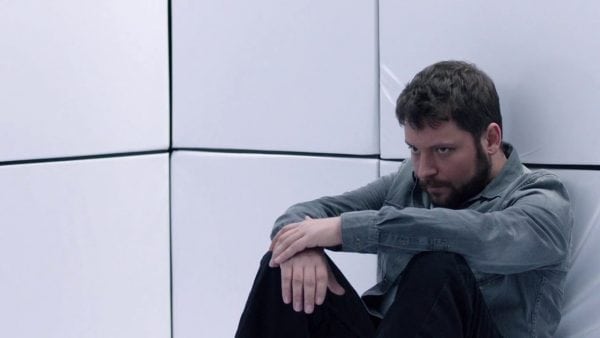
“Fans” of the Chucky franchise had plenty to say about Cult of Chucky. The negativity would be ridiculous if it wasn’t so worrisome.
It generally starts out innocently enough (though not always) with a comment about how someone doesn’t agree with the casting of a film or that they’re remaking an older film, but then you can sit back and watch as that little seed of a comment begins to sprout.
Someone agrees with them, so they come back with something stronger and a little nastier. Then someone else ups the ante with another far more negative statement and before long, the entire thread has bloomed into something poisonous that threatens to take over the entire feed.
How many times have we seen people online rage about how they want something new and different from horror filmmakers only to then watch those same people take a steaming crap on every attempt by filmmakers to do so?
How many times have we witnessed online conversations by supposed fans of the genre in which they basically say that they want something new…that’s exactly like what they watched when they were kids…but not a remake…but nothing different…but something new?
And furthermore, how many times have we seen those conversations and comments become something incoherent and rage-fueled in its vehemence? How long does it take before someone begins to threaten someone else who disagrees with them? How long will it be before we see people actually acting on that rage and those threats?
But where does this come from? Where does this feeling of “I like something so I should be able to dictate how it’s made and who makes it and who stars in it” begin?
In a blog posted earlier this year, Aaron Cooper sought to dig into this issue in a blog titled “Us vs. Them: Toxic Fandom and the Cult of Identity” and he hit on a major point that resonates with me when I see these interactions online.
In the post, he begins by pointing out that these kind of reactions are nothing new, really. One only has to go back and look at the reactions of readers when Sir Arthur Conan Doyle decided to kill Sherlock Holmes in the 1890s because he had grown tired of writing the same character over and over again.
What did those fans do?
They wrote letters. They made threats, and some of those intrepid souls began to write their own Holmes stories.
Sound familiar?
Still, Cooper points out that this problem has grown, especially in the digital age, and he lays the blame, at least in part, on identity marketing.
For those unfamiliar, identity marketing at its core encourages a feeling of entitlement by belonging to a specific group or fandom by convincing those members that no one else “gets them” but it’s because those outsiders are not actually worthy of being a part of the group anyway.
“Mentally subscribing to a fandom is a means of to showboat legitimacy,” Cooper says. “In the past, fandoms were mostly exclusive to a small set of people. It’s not only safer to express your love of something unpopular in the mainstream while in small numbers, but it’s simply more appealing. After all, if everyone loved Neon Genesis: Evangelion, it wouldn’t feel as cool right? This also lends to the idea of social status. Unfortunately, social status feeds narcissism.”
So, case in point. I, myself, am a huge fan of the Halloween franchise. Seriously, I love those movies so much and I can spend hours giving a lecture on why Michael Myers is the biggest badass among other franchise villains.
Then Rob Zombie comes along and remakes it, and in the process, completely throws out what I consider to be the scariest point of the film franchise. Michael Myers was scary because, until the point that he killed his sister, so far as we know, he had never shown any signs of violence.
He was a little kid from a good suburban home with no seeming motivation and then one day he just snapped. This, to me and countless other fans, is terrifying because it could be any kid who lives down the street from me!
Zombie’s film supplied Michael with an abusive background, a history of hurting small animals, and a serious temper thus eliminating the thing that set Michael apart from the rest and I was livid. I must have bored most of my friends to tears with explanations of why the film sucked and why it should never have happened.
However, in all of that, I never once felt the need to threaten Rob Zombie or his family. I never got online and wrote nasty messages to the film’s stars telling them to die or quit acting or making racially or gender-motivated comments about them, and there is the line, readers.
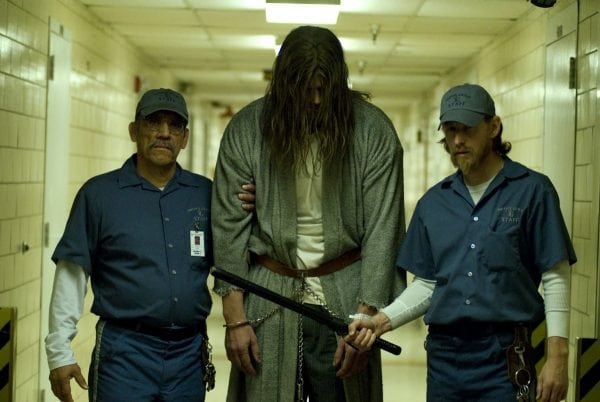
Rob Zombie’s Halloween
Repeat after me:
Everyone has a right to their feelings, thoughts, and opinions, but you do not have the right to use those opinions as fuel to make threats against other fans or the creative team or the actors (who are just doing their job, by the way) because something does not fit into the mold that you feel it should. And you certainly don’t have the right to make good on those threats.
The concept of identity marketing and the ensuing narcissistic behavior continues to be fueled by an “us vs. them” dynamic and even more strangely, we’ve even begun to see an inversion to the previous examples.
How many times online have you read, “Oh you liked that movie? Well, as a real horror fan, I can tell you it sucked” or “If you were a real horror fan, you’d think was just as terrible as I did and the person that made it should be shot”?
Okay, that last part was a little extreme but I’ve seen similar comments with my own eyes.
Obviously, in these examples, the toxic portions of our fandom are now manipulating the rules to be a part of the club. It’s not enough that you like horror movies. Now you have to like a particular list of films in order to be a real fan.
This adds yet another layer of exclusivity to a genre that is already clearly relegated to the outskirts of “legitimate” filmmaking, but that’s okay because those other people just don’t get it, right?
Wrong.
This toxic attitude serves no one and nothing in the genre. It is pushing away new horror fans and has given rise to what I have personally termed “horror hipsters”, i.e. those people who are prepared to hate anything that the public at large enjoys.
Additionally, it is creating a hostile environment for writers, directors, and actors within the genre. Would you honestly want to spend countless days, weeks, months, or even years creating something that you knew the fandom would tear apart even if you tailor made it to their specifications?
And that, readers, is when we see the genre begin to atrophy. You can blame reboots, remakes, Twilight fans, or whoever you want, but toxic fandom will be the hill on which this genre breathes its last breath.
So what do we do? How do we stem the tide of this toxic environment?
I’m not certain there is a clear answer to this. Certainly, we can start taking stock of and tempering our own reactions, but I think this goes beyond that.
The toxicity of these fandoms is nourished by the anonymity of online communication where one can drop a nasty, hate-filled comment on one subject and then jump over to the next with zero thought in between.
The only way to break this cycle is by elevating the level of that communication, and I fear that mountain is a long and difficult one to climb. Still, we must, and we must do it in our own forums.
Death threats to a filmmaker or actor are not a normal reaction to not liking a film.
Threats of violence against someone who doesn’t agree with you about a film (or anything else for that matter) is not a normal reaction.
Just because you like or love a franchise, film, etc. does not mean you own it, nor does it mean that the filmmakers of future iterations must follow your rules and story lines, especially when the fandom can’t even agree on what those rules should be. This is even more true when the person making those films is the original creator. It can’t be “outside of canon” if the person making it created the canon.
Our silence is our undoing; if we don’t step in where we see these things happen, we are guilty by association.
'Civil War' Review: Is It Worth Watching?
Follow our new YouTube channel "Mysteries and Movies" here.
News
Watch ‘The Burning’ At The Location Where It Was Filmed

Fangoria is reporting that fans of the 1981 slasher The Burning will be able to have a screening of the film at the location where it was filmed. The movie is set at Camp Blackfoot which is actually the Stonehaven Nature Preserve in Ransomville, New York.
This ticketed event will take place on August 3. Guests will be able to take a tour of the grounds as well as enjoy some campfire snacks along with the screening of The Burning.
The film came out in the early ’80s when teen slashers were being churned out in magnum force. Thanks to Sean S. Cunningham’s Friday the 13th, filmmakers wanted to get in on the low-budget, high-profit movie market and a casket load of these types of films were produced, some better than others.
The Burning is one of the good ones, mostly because of the special effects from Tom Savini who had just come off of his groundbreaking work on Dawn of the Dead and Friday the 13th. He declined to do the sequel because of its illogical premise and instead signed on to do this movie. Also, a young Jason Alexander who would later go on to play George in Seinfeld is a featured player.
Because of its practical gore, The Burning had to be heavily edited before it received an R-rating. The MPAA was under the thumb of protest groups and political bigwigs to censor violent films at the time because slashers were just so graphic and detailed in their gore.
Tickets are $50, and if you want a special t-shirt, that will cost you another $25, You can get all the information by visiting the On Set Cinema webpage.
'Civil War' Review: Is It Worth Watching?
Follow our new YouTube channel "Mysteries and Movies" here.
Movies
‘Longlegs’ Creepy “Part 2” Teaser Appears on Instagram
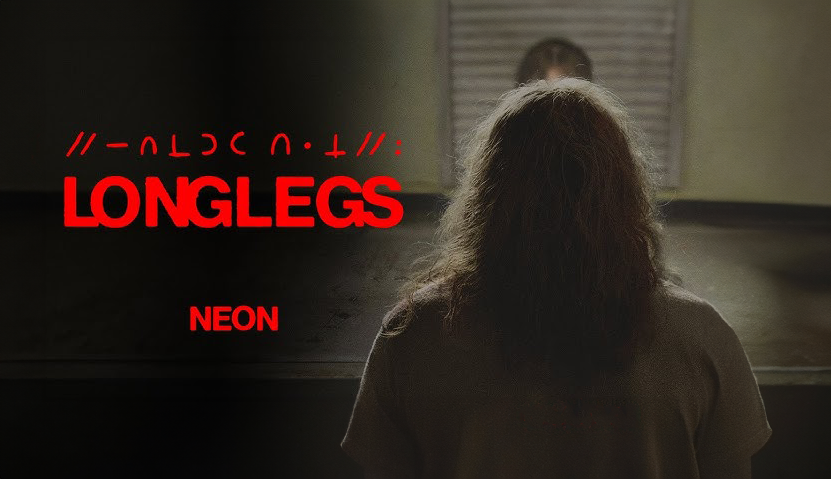
Neon Films released an Insta-teaser for their horror film Longlegs today. Titled Dirty: Part 2, the clip only furthers the mystery of what we are in for when this movie is finally released on July 12.
The official logline is: FBI Agent Lee Harker is assigned to an unsolved serial killer case that takes unexpected turns, revealing evidence of the occult. Harker discovers a personal connection to the killer and must stop him before he strikes again.
Directed by former actor Oz Perkins who also gave us The Blackcoat’s Daughter and Gretel & Hansel, Longlegs is already creating buzz with its moody images and cryptic hints. The film is rated R for bloody violence, and disturbing images.
Longlegs stars Nicolas Cage, Maika Monroe, and Alicia Witt.
'Civil War' Review: Is It Worth Watching?
Follow our new YouTube channel "Mysteries and Movies" here.
News
Exclusive Sneak Peek: Eli Roth and Crypt TV’s VR Series ‘The Faceless Lady’ Episode Five
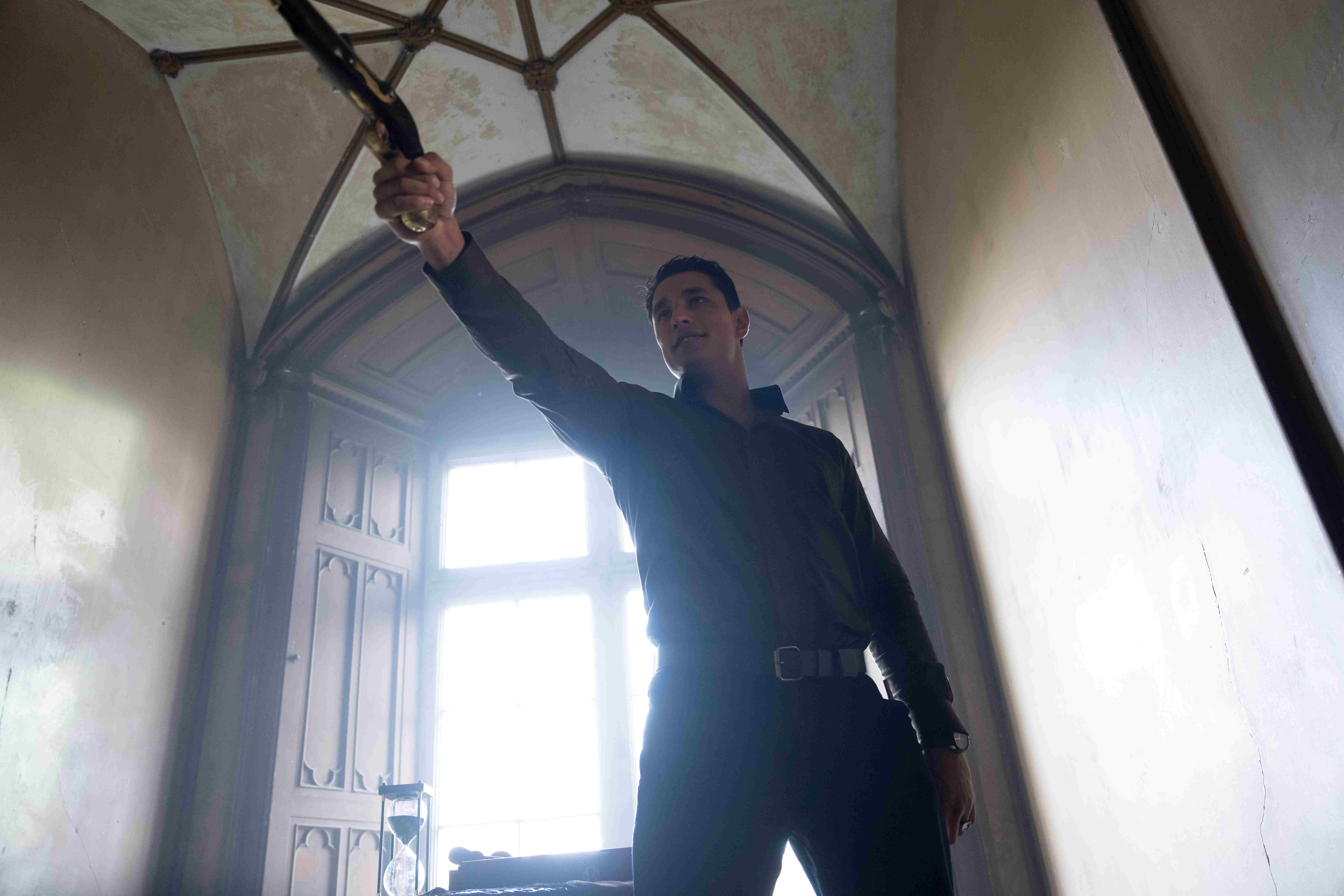
Eli Roth (Cabin Fever) and Crypt TV are knocking it out of the park with their new VR show, The Faceless Lady. For those unaware, this is the first fully scripted VR horror show on the market.
Even for masters of horror like Eli Roth and Crypt TV, this is a monumental undertaking. However, if I trust anyone to change the way that we experience horror, it would be these two legends.
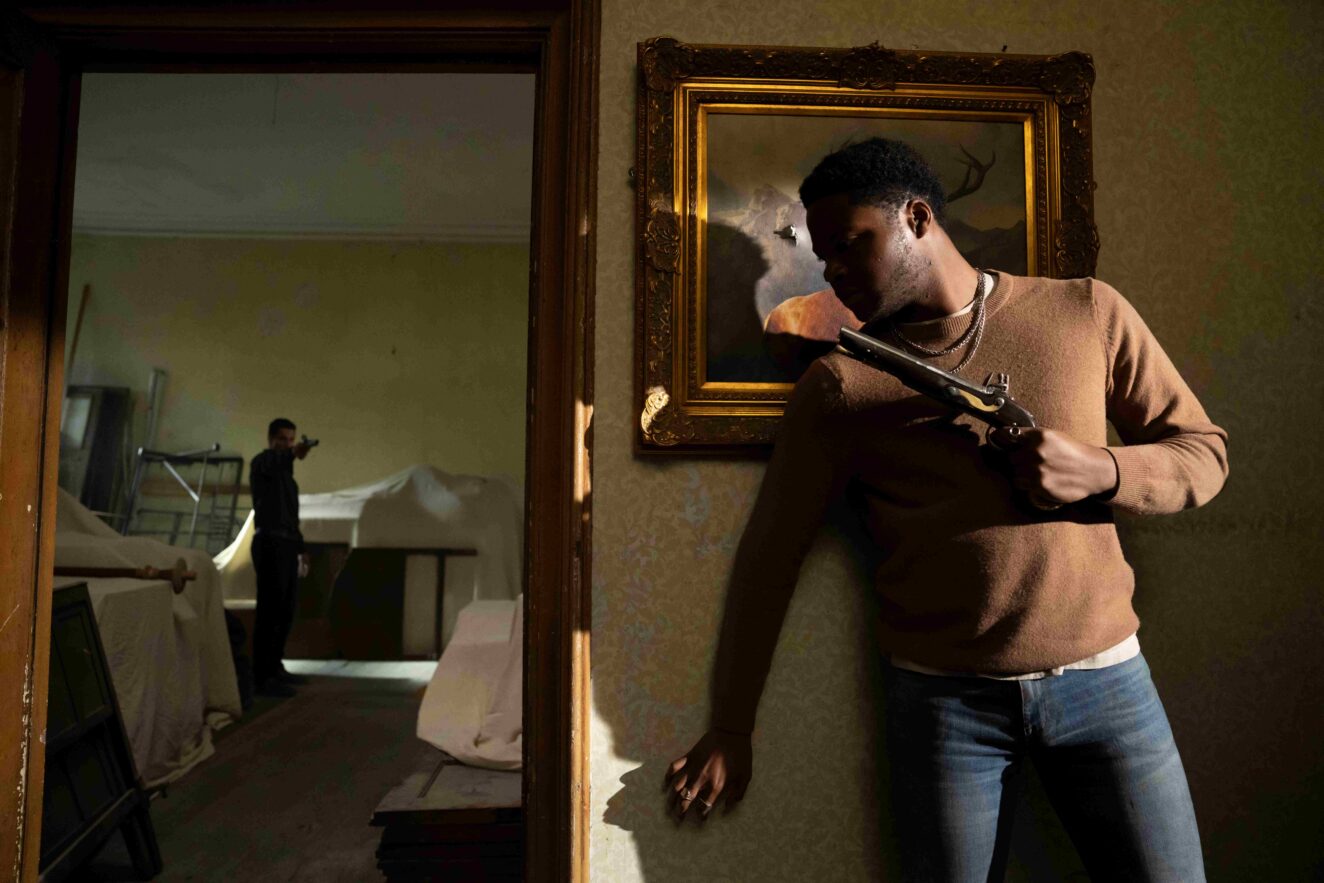
Ripped from the pages of Irish folklore, The Faceless Lady tells the story of a tragic spirit cursed to wander the halls of her castle for all of eternity. However, when three young couples are invited to the castle for a series of games, their fates may soon change.
So far, the story has provided horror fans with a gripping game of life or death that doesn’t look as if it will slow down in episode five. Luckily, we have an exclusive clip that may be able to satiate your appetites until the new premiere.
Airing on 4/25 at 5pmPT/8pmET, episode five follows our final three contestants in this wicked game. As the stakes are raised ever higher, will Ella be able to fully awaken her connection with Lady Margaret?
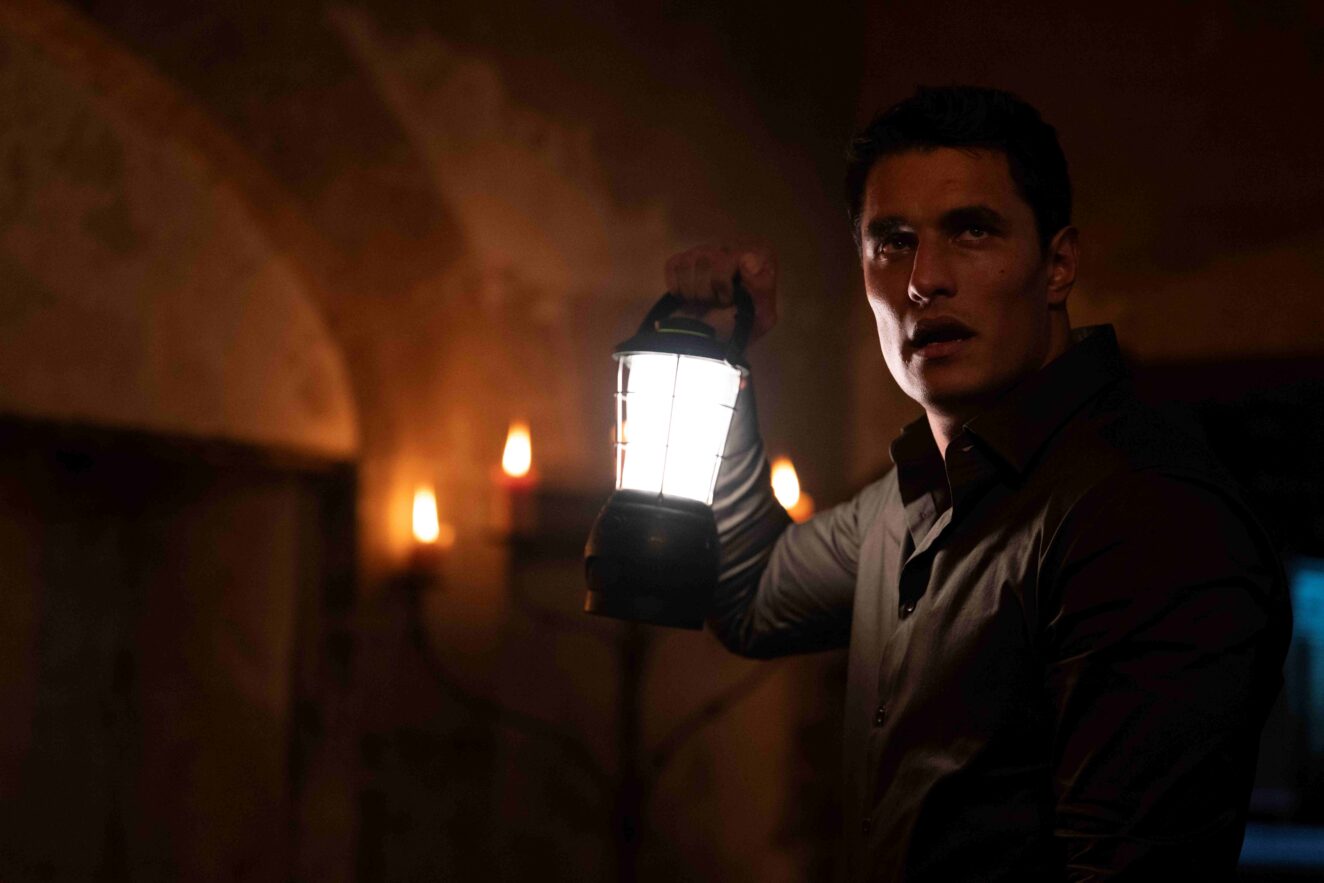
The newest episode can be found on Meta Quest TV. If you haven’t already, follow this link to subscribe to the series. Make sure to check out the new clip below.
Eli Roth Present’s THE FACELESS LADY S1E5 Clip: THE DUEL – YouTube
'Civil War' Review: Is It Worth Watching?
Follow our new YouTube channel "Mysteries and Movies" here.
-

 News6 days ago
News6 days agoWoman Brings Corpse Into Bank To Sign Loan Papers
-

 News5 days ago
News5 days agoBrad Dourif Says He’s Retiring Except For One Important Role
-

 Strange and Unusual5 days ago
Strange and Unusual5 days agoMan Arrested for Allegedly Taking a Severed Leg From Crash Site And Eating It
-

 Movies6 days ago
Movies6 days agoPart Concert, Part Horror Movie M. Night Shyamalan’s ‘Trap’ Trailer Released
-

 Movies6 days ago
Movies6 days agoAnother Creepy Spider Movie Hits Shudder This Month
-

 Editorial5 days ago
Editorial5 days ago7 Great ‘Scream’ Fan Films & Shorts Worth a Watch
-
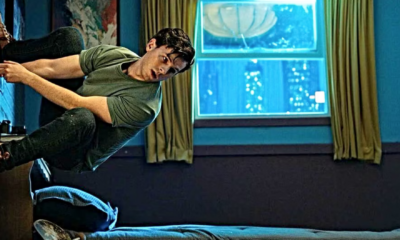
 Movies4 days ago
Movies4 days agoSpider-Man With a Cronenberg Twist in This Fan-Made Short
-
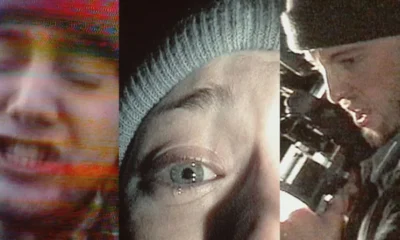
 News3 days ago
News3 days agoOriginal Blair Witch Cast Ask Lionsgate for Retroactive Residuals in Light of New Film

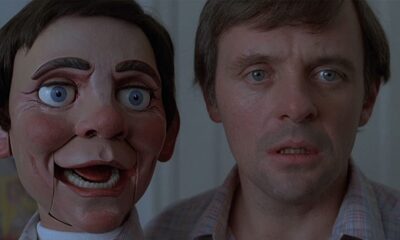

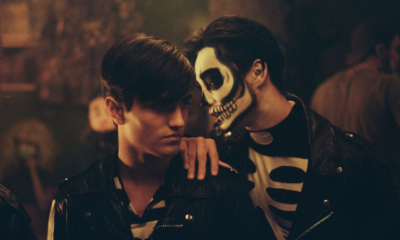


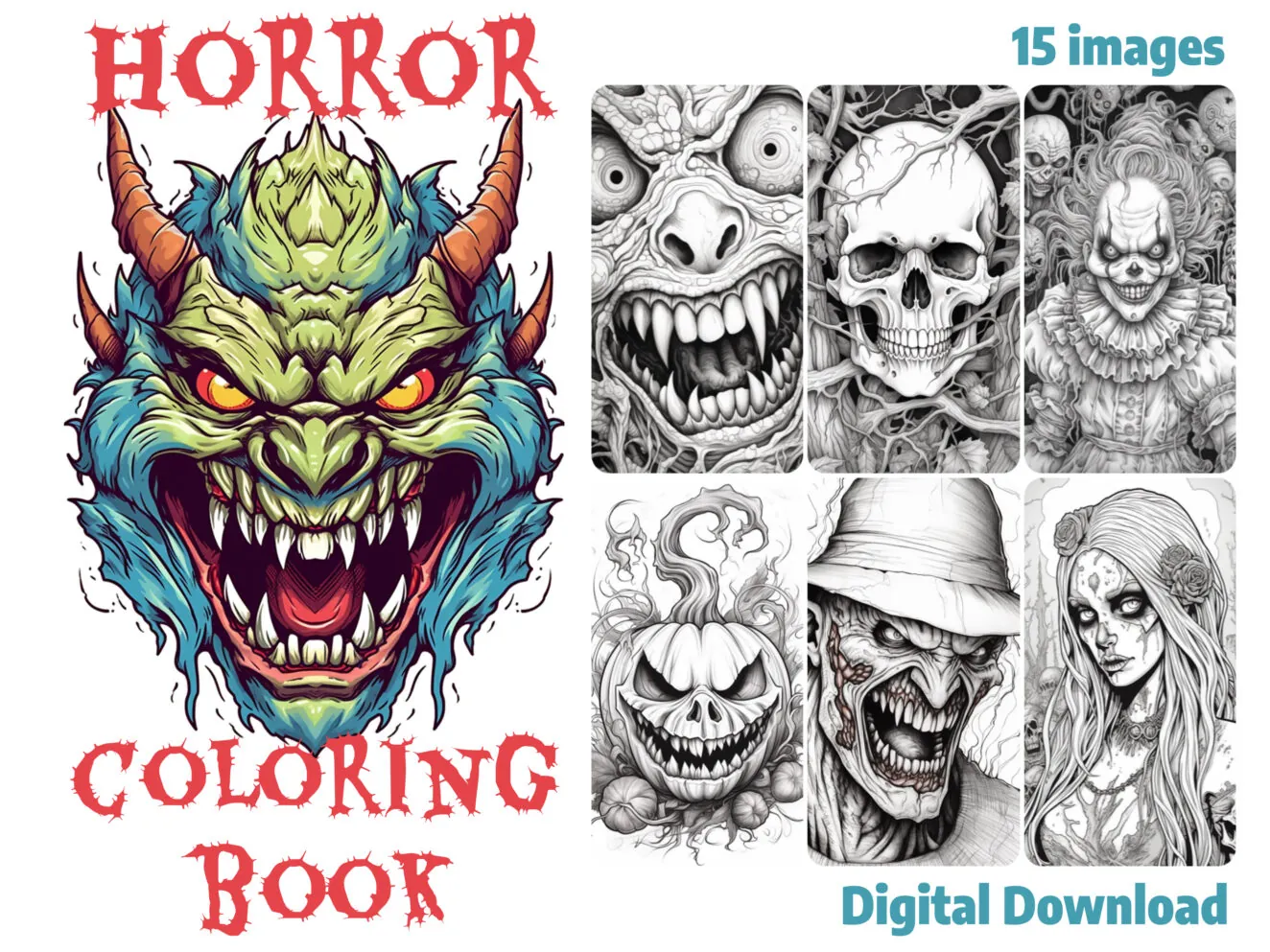
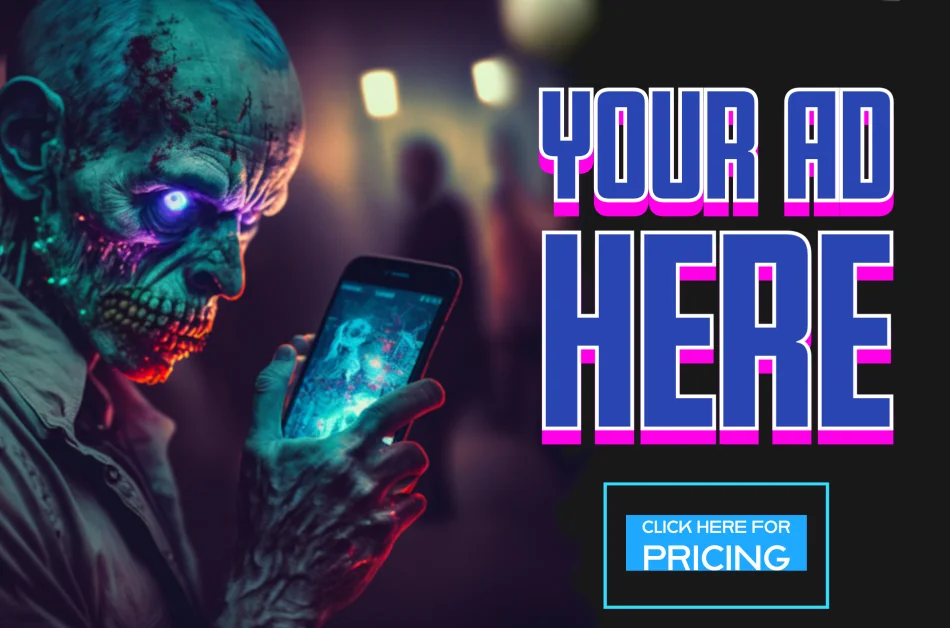

















You must be logged in to post a comment Login